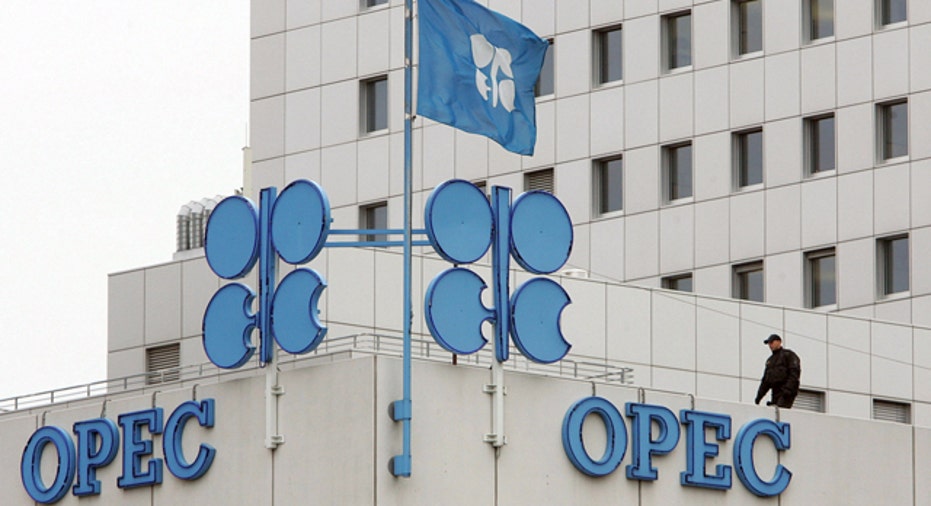OPEC in Vienna: Will the Saudi's Gamble Pay Off?

During Christmas of 1975, as OPEC ministers gathered, the season’s quiet was shattered when Carlos the Jackal kidnapped them all -- including ministers of Saudi Arabia and Iran.
Never have so many powerful politicians from so many countries fallen into the hands of a terrorist commando. The OPEC ministers, who were later released, were so mistrustful that they wouldn’t gather in the same place for another quarter century.
Shadows of mistrust may again darken the June 2OPEC sessions, particularly after the cartel’s abortive attempts to coordinate oil production in Doha, Qatar last month.
The cartel wanted OPEC and players like Russia to cap production to halt the collapse of oil prices. But Iran objected so intensely they skipped the confab altogether. The Saudi response? If Iran won’t participate then neither will we.
Saudi Arabia is in the driver’s seat even if OPEC struggles with dysfunction. Producing one out of eight barrels in the world, the Saudi’s claim the lowest cost of production (some estimates of single-digit dollars per barrel) and the second-largest proved reserves after Venezuela.
Meanwhile, Iran has been extraordinary as it claws back after sanctions to 3.56 million barrels a day production, nearing pre-sanction levels of four million. After decades under the bell jar, Iran has become an entrepreneur’s candy store. Billions are being invested there from Europe and Asia.
Just last week Iran’s Mehr News Agency quoted a deputy oil minister saying the National Iranian Oil Company has no plans to cut production.
But OPEC doesn’t need to address its dysfunction just yet, because the Saudi gamble paid off. Determined to build market share and truncate leveraged and high-cost producers, Saudi Arabia continued to pump oil even as prices plummeted from over $107 a barrel in 2014 to $26 just 90 days ago.
For many countries, continued pumping is more about politics than money. Venezuela and Saudi Arabia are so reliant on oil revenues to support social programs that they can’t cut production. Saudi Arabia, Brazil, Venezuela, and Russia face enormous budget deficits and failed to take fiscally responsible steps when $100 oil showered their economies with surpluses. Iran and Iraq are surging after years in the wilderness and they are fighting ISIS and expanding their reach—capping their output is a non-starter.
The dual forces of increasing supply and weakening demand guaranteed oil prices would tumble. But in the last 100 days oil is hovering around the $50 level. But why?
The short answer is disruption and retreat.
Occasional disruptions have become constant—Canadian wildfires, Libyan counterinsurgents, piracy and militias in Nigeria, and the collapse of Venezuela’s economy. And retreat is everywhere --at least 70 US oil companies have sought bankruptcy protection. Production and exploration projects worth billions of dollars have been curtailed industry wide. American production has fallen to nine million barrels a day. Soon supply will equal demand.
The Saudis are monitoring whether the growth in Iran and Iraqi production will offset the parade of disruptions and retreat. Watch for another OPEC failure to achieve consensus this week—especially by Iran. Four million barrels is a milestone that Tehran intends to surpass and they won’t cut back just to please the Saudi’s.
But for OPEC rising oil prices means the barrel is half full. And the Saudis with a freshly minted oil minister are oh-so-patient.
Peter D. Kiernan is an award winning New York Times bestselling author who is also an entrepreneur, venture capitalist and philanthropist following a multi decade career on Wall Street. Today he spends much of his time fighting poverty as a 26 year member and former Chair of the board of the Robin Hood Foundation.
He is a regular contributor to the FOX Business Network and appears frequently on national TV and radio talk shows, as well as many different public forums.



















